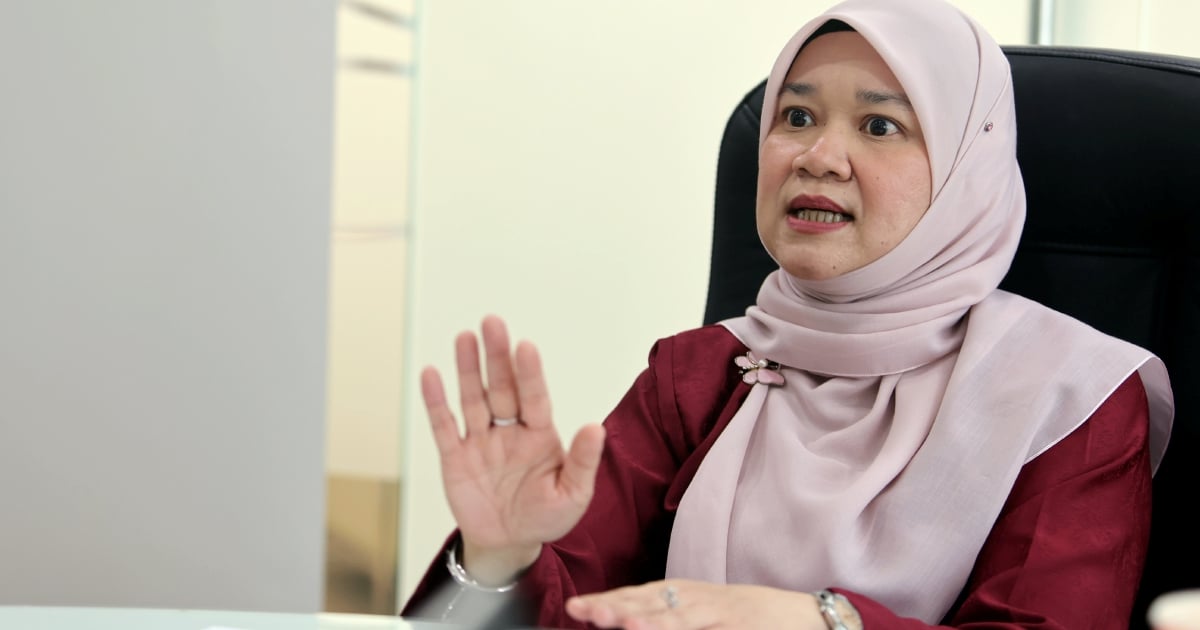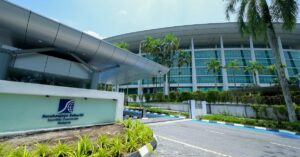PUTRAJAYA: The Education Ministry will implement a comprehensive strategy to strengthen Science, Technology, Engineering and Mathematics (STEM) education, addressing the declining interest among students.
The initiative will extend beyond selected institutions such as fully residential schools (SBP) and make STEM a core requirement in all mainstream schools, including primary schools under the ministry’s jurisdiction.
This move forms part of the government’s broader effort to tackle the steady decline in students pursuing STEM subjects over the past decade.
Currently, the ratio of science-stream students to those in arts or social sciences stands at 60:40, highlighting the need for urgent measures to ensure a balanced and skilled workforce in key national sectors.
Minister Fadhlina Sidek said the ministry aims to strengthen the ecosystem to make STEM a central pillar of Malaysia’s education system.
She stressed the need for swift and holistic reform, ensuring students were exposed to STEM at an early stage to build foundational skills and interest from the start of their schooling.
“At present, it is compulsory for SBPs to adopt STEM, with over 90 per cent already implementing it. We are now extending this to Religious Secondary Schools (SMKA), not as a mandate but as encouragement.
“Next, we will introduce interventions in mainstream national secondary schools (SMK) by establishing STEM classes. These efforts aim to strengthen the overall STEM education ecosystem.
“If students only begin focusing on STEM in Form Three or Form Four, it is often too late. We see this particularly with mathematics, where late interventions have limited impact,” she told Berita Harian yesterday.
Fadhlina added that the ministry plans to expand STEM implementation to primary schools to cultivate interest from a young age and lay a strong foundation of understanding.
“With the new curriculum, students can engage with STEM subjects earlier, through courses such as Science and the Environment and Design and Technology (RBT). Early exposure allows for a more sustained interest in STEM,” she said.
Acknowledging STEM’s significance for the nation’s future, the ministry has established a STEM Lab, led by Datuk Seri Idris Jala, chief executive of the Performance Management and Delivery Unit (Pemandu), who serves as its adviser.
Through the lab, the ministry has identified key issues affecting STEM education that require coordinated solutions to attract students and gain parental support.
“One major challenge is the perception that STEM is difficult, a mindset held by students, parents, and even some teachers. Students fear it is hard to succeed in STEM subjects, while parents hesitate to encourage participation. While commitment exists, it is not yet widespread, which is why we must strengthen the STEM ecosystem,” Fadhlina said.
Separately, the minister highlighted ongoing efforts to address the challenges faced by teachers in long-distance marriages.
In May, she announced that transfer applications for teachers who have served at least two years can now be submitted via the e-GTukar system, addressing previous complaints over long waiting times.
“This reform considers teachers’ emotional well-being and career development, and is among the most anticipated policy changes for educators,” she said.
In Parliament last July, Fadhlina reiterated the ministry’s commitment to improving teacher placements, currently at 97 per cent, in line with the government’s staged approach to resolving teacher shortages.
She added that locality factors were also prioritised to better accommodate the personal circumstances of new teachers.
© New Straits Times Press (M) Bhd






